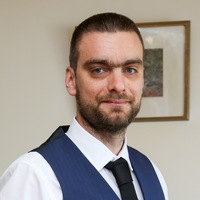Натепан новинар, скршена камера, новинари скриени во подрум во домот на демократијата, Собранието, исплукани навредувани – се само дел од насловите во дел од медиумите. Овие наслови не се само обични дневни настани од билтените на полицијата или обвинителството, ова се наслови кои сериозно треба да го загрижат едно општество кое претендира и над 20 години се обидува да биде демократско, слободно и општество во кое говорот на новинарот, снимката на снимателот или текстот на порталот нема да бидат казнети со грди зборови, навреди, тужби и шлаканици. Над дваесет години Република Македонија се стреми за слободни медиуми, но со тепани и затворани новинари, таа се уште е на дното на скалата по слободни и безбедни медиумски работници. Секоја нова Влада ветува подобри услови за работа на новинарите особено околу нивната заштита која треба да ја гарантираат оние делови од владата кои пак се најодговорни за безбедноста.
Новинарот на улица или во институција не е само посетител на настан кој самоволно дошол да ја следи случката, туку новинарот е работник на свое работно место на своја работна задача. Таму за него безбедноста ја гарантираат токму горе споменатите сектори, а тоа се полицијата и обвинителството. Секако последно, но не и неважно туку можеби најважно е и судството.
Македонското судство е едно од ретките во регионот и пошироко кое осудило на затворска казна и 4 години држеше во притвор новинар за напишан текст. Поради тоа Македонија со прст ја покажуваат како можеби една од најнебезбедните држави за работа, не само на терен туку и со пишаниот збор. Македонија е држава во која во сообраќајка загина новинар, неповторлив новинар, критичар на секоја власт. Проблемот не е во сообраќајката, проблемот е во сомнежот кој се уште новинарите и јавноста ги интересира како истата се случила. Полицијата и обвинителството требаше да дадат одговори. Да, дадоа, но тие останаа недоречени, неразјаснети до крај. Токму новинарите онаму каде што застана полицијата продолжија да истражуваат. Излегоа на виделина многу индиции, но обвинителството едноставно одлучи дека случајот е затворен. Оние кои истражуваа исто така беа затворени, можеби по други основи, но фактите ја говорат вистината.
Новинар во затвор, медиуми под клуч, останатите став мирно. Токму овие активности ги аминуваше судот со своите одлуки. Велат судски одлуки не се коментираат. Да, но кога е загрозена слободата, правдата, новинарот како професионалец, судските одлуки се и те како подложни на коментари со доза на сомнеж за одредено постапување или непостапување кое и те како беше актуелно последниве десетина години.
Да не биде дека само зборуваме и пишуваме како медиумски работници, во продолжение ќе презентираме факти. Фактите се докази, а доказите се највредното нешто во суд. За нас податоците за работата на оние кои треба да ги заштитат новинарите се највредни податоци за непостапување, селективно постапување, или вртење на вистината според она што сака полицијата или обвинителството да го види или чуе. Полицијата иако многу пати пред очи и се случило насилство врз новинари не реагирала. Едноставно повикува случајот да се пријави и тогаш да се поведе постапка. Но, кога тоа се случува пред очите на полицајци кога на протест се тепаат новинари во присуство на дузина специјалци и никој не презема ништо, полицијата ја сноси најголемата одговорност. Токму ваквиот однос испраќа лоша порака дека секој на секое место може да нападне новинар и да не биде санкциониран за тоа или спречен во намерата.
Да почнеме од 2 ноември не така одамна. Новинарот Ибрахим Махмути од ТВ21 и фоторепортерот Бљерим Ука, државјанин на Косово, беа приведени од судската полиција на изрекување на пресудата за случајот “Диво Насеље”. Случајот беше пријавен во полиција, а новинарот и фоторепортерот беа приведени и задржани во полициска станица неколку часа. Потребни беа 6 часа и мониторинг на ситуацијата од ОБСЕ за полицијата да одлучи да ги пушти. Новинарите беа шест часа во полициска станица оти се завртеле кон судијата кога ја читал пресудата. Полицијата ги собра за после да се утврди дека и немале снимки од судијата ниту намерата им била да го сликаат судијата. Медиумските работници едноставно следеле изрекување пресуда од висок ризик за полицијата, од голем јавен интерес. Но, полицијата во нив со едно свртување во судницата, (патем да спомнеме дека во ЕУ и некои соседни земји судењата се пренесуваат во живо и во нив може да се види и судијата и сите во судницата), виде потенцијална закана. Новинарите со своите апарати за фотографирање беа најголемата опасност. Полицијата неколку недели по настанот се уште нема одговорено зошто така се постапила. Нема ниту објаснување зошто требаше новинарот и фоторепортерот да бидат приведени и задржани 6 часа во полициска станица. Ниту обвинителството не даде одговор освен дека наводно во судницата обвинителот дал усна наредба за нивно приведување. Ниту еден од нив не загрози ничиј живот во судницата за да биде третиран како токму спротивното, опасен во околината. Обвинителот кој дал наредба, мора добро да објасни зошто ја дал наредбата. Секако најмногу потфрли полицијата која наместо да го чува редот во судницата и надвор, се нафрли на медиумите, од кој едниот припадник на соседна земја, гостин во нашата држава. Полицијата ја испрати пораката.
По ова би се вратиле во анализата некаде 2012 година на познатиот 24 декември. Новинари влечени, туркани и исфрлени од своето работно место. Власта не сакаше да регистрираат медиумите што се случува во собраниската сала. Се обиде преку собраниското обезбедување да ги отстрани новинарите, но кога тие рекоа не, ние сме на работна задача, беа насила извадени од галеријата во големата сала на Собранието. Тоа го гледаа пратениците, а тоа го гледаше и полицијата. Од тогаш и со шамарот врз новинарот Лирим Дулови во Собранието на Република Македонија почнуваат да се редат низа инциденти поврзани со медиумите. Бројките се поразителни, секоја година се повеќе, па дури и дуплирани регистрирани напади на новинари. Ако 2014 година имало 5, следната година веќе се регистрирани 11, за 2016 да бидат 13 напади врз новинарите. Оваа последната 2017 година се регистрирани најмногу напади или вкупно 20. Од нив само 10 се истражени, а дваесет проценти не се решени дури и по неколку години откако се случиле. Односно, во бројки, од 2013 година до 2017 година во Министерството за внатрешни работи се примени 44 пријави од граѓани или медиуми за физички напад врз новинари, загрозување на сигурноста во вид на закани од секаков вид или говор. Поведени се пет прекршочни постапки, а против пет сторители се поднесени кривични пријави. Останатите предмети не се решени или се одбиени по внатрешна контрола на полицијата. Министерството за внатрешни работи информира дека 16 настани не се воопшто пријавени и не поминуваат во настани од дневните билтени.
Лани е регистриран настан кога новинарката Вања Мицевска од националното радио Канал77 физички била спречена да го следи собирот на Граѓанското движење ГДОМ. Од присутните и било забрането да фотографира. Овој настан го следи полицијата во непосредна близина. Новинарот не добива заштита од толпата. Полицијата побара од новинарката да го напушти собирот.
Пред три години е регистриран напад врз новинарот Исак Рамадани, од Гласот на Америка од учесници на протест. Инцидентот е уредно пријавен, утврден е идентитетот на напаѓачот, но постапката се уште не е завршена и не се знае до каде е воопшто. Истата година беше спроведен незаконски притвор и кривична пријава против новинарот Бесим Ибрахими од медиумот Лајм. Против него полицијата поднесе и кривична пријава за учество во толпа, но следната година обвинението беше повлечено.
Припадници на МВР во 2014 од НОВА ТВ, Радио слободна Европа и Фокус одземаа фото апарати и бришеа видео материјали за време на одржување на протест во општината Ѓорче Петров. Случајот беше пријавен но, според полицијата, од извршените разговори со дури 34 полициски службеници што учествувале во активностите на полицијата, не можело да се утврди дека некој воопшто бил инволвиран во настанот.
Иако целата јавност виде две видео снимки во кои новинари се нападнати полицијата не презеде никакви активности.
Во првиот случај новинар кој се доближи до тогашниот вице премиер во Владата Владимир Пешевски и му постави неколку прашања беше нападнат со тупаници токму од министерот. Таа снимка се вртеше по социјалните мрежи беше поставена и на каналот за видеа Youtube, но полицијата долго време не се огласи ниту презеде активности против напаѓачот.
Во вториот случај новинарот Борјан Јовановски беше плукнат во ресторан во Скопје додека ручал. По плукањето момчето кое го нападна побегна. Новинарот го препозна момчето во првиот ред зад поранешниот Премиер Никола Груевски и го посочи како еден од напаѓачите. Полицијата и овој пат не презеде никакви мерки и активности.
Најмногу напади според евиденцијата пак на Министерството за внатрешни работи имало во Охрид против новинар и сопственик на медиум. Над десетина напади кон новинарот во кои лица по телефон и лично му се закануваат дека ќе му го распараат стомакот, ќе му ја исечат главата, или пак со уцени да плати 1000 евра или роба од месо и пијалок за 2000 евра, полицијата ги навела во своите извештаи. Но, во нив пишува по преземени мерки составен е записник за кривична пријава или примање пријава. Новинарот доби и неколку удари со метални шипки од што имаше видливи повреди на главата и телото како и набиеници по телото за што полицијата поднесе кривична пријава, но против непознат сторител.
Смртни закани против новинарот Бранко Тричковски упати и актерот Тони Михајловски на неговиот личен профил на Фејсбук. Тој напиша дека би можел да го убие Тричковски, без да му трепне око. Случајот е пријавен, но епилог се уште нема.
Дека новинарите се мета на насилници покажуваат и бројни примери кога снимаат или се во близина на објекти кои се обезбедувани со физичко обезбедување. Иако не поминуваат ниедна територија обезбедувањето редовно ги брка и напаѓа, а полицијата за ова не презема ништо. Таков е примерот во Штип, кога новинарот Владимир Тевчев бил спречен да ги изврши дневните работни задачи од терен оти обезбедувањето го нападна со навреди и наредби да избрише снимки од објект во изградба.
Додека полицијата регистрира или не гледа напади кои се случуваат пред нивните очи, обвинителството процесуира. Но, и обвинителството е врзано со вештачења кои ги прави полицијата или одредени институции заради што многу постапки не може да се процесуираат. Според нивниот детален извештај во јавното обвинителство се водат повеќе предмети за случаи поврзани со повреда на правата на новинарите.
А токму таков пример е нападот на новинарската екипа на НОВА ТВ и тоа новинарот Сашка Цветковска и снимателот Трајче Антоновски кои на 24ти август беа нападнати од претставник на Граѓанската иницијатива кои собирале потписи. Во Основното јавно обвинителство Скопје е оформен предмет по писмено известување на МВР СВР Скопје – Единица за насилен криминал од 29.08.2017 година. Со цел да се утврди идентитетот на сторителот, јавниот обвинител кој постапува по предметот, до МВР – Оддел за криминалистичко-технички испитувања и вештачења донел наредба за вештачење на мобилниот телефон сопственост на новинарката и видео камерата марка „Сони“, сопственост на ТВ „Нова“, со цел да се издвојат во електронска форма фотографии и видеозаписи, а воедно да биде изготвена и испечатена фотодокументација. По наредбата се уште не е постапено.
Погоре го спомнавме и новинарот Тричковски и нападите на неговиот Фејсбук профил од актерот Тони Михајловски. Во Основното јавно обвинителство Скопје е оформен предмет по кривична пријава од 19.06.2017 година поднесена од Здружението на новинарите на Македонија. Јавниот обвинител кој постапува по овој предмет го испитал оштетениот. Пријавениот не е испитан, бидејќи трипати е повикуван, меѓутоа повратниците двапати се вратиле со назнака „известен, не побарал“ и еднаш со назнака „означената улица не постои“. До МВР ПСОН Аеродром поднесено е барање за доставување податоци со цел да се провери дали настанот е пријавен во таа станица и какви дејствија се преземени, а до одговорното лице на компанијата “Фејсбук“ во Соединетите Американски Држави поднесено е барање за доставување податоци со цел да се прибават логови и ИП адреси од пристапувањето на профилот на „Фејсбук“ од каде беа упатени заканите. По наведените барања се уште не е постапено.
Во врска со настаните од 27.04.2017 година или црниот четврток во Собранието на Република Македонија во ЈО не се доставени известувања или кривични пријави. Но, Основното јавно обвинителство Скопје потврди дека оформиле предмет по поднесена кривична пријава за истите настани од страна на група новинари од ТВ 21. Пријавата беше поднесена на 14.06.2017. Заради утврдување на идентитетот на сторителите, јавниот обвинител кој постапува по предметот донел наредба со која од МВР СВР Скопје побарал да се извршат службени разговори со оштетените лица и да се прибави видео материјалот со кој располага ТВ 21, заради анализа на истиот. Од МВР СВР Скопје постапено е по наредбата и доставено е известување со писмена документација, по чие проучување дополнително ќе бидат преземени дејствија доколку има таква потреба.
Медиумите беа преплавени со информации и слики од новинар и снимател на а1он кои во февруари на протести на невладината За заедничка Македонија беа нападнати и претепани. Во Основното јавно обвинителство Скопје е оформен предмет по кривична пријава на МВР СВР Скопје од 08.03.2017 година, поднесена против едно лице, за кривично дело – Насилство од чл.386 од КЗ. Јавниот обвинител кој постапува по предметот прибавил извод од казнена евиденција, го испитал осомничениот и оштетените Александар Тодески и Владимир Желчески. Испитани се и сведоци на настанот, а побарана е и медицинска документација од оштетените, по кое барање се уште не е постапено.
Обвинителството води предмет и за напад на новинарот Горан Наумовски и неколкумина фоторепортери при протести пред канцеларијата на Претседателот Ѓорѓе Иванов. Пријавени се полицајци. Во пријавата пишува и врз основа на тоа се работи предмет во обвинителството, за настан случен на 13.04.2016 година, на ул. „Димитрија Чуповски“, кога припадник на Единицата за брзо распоредување употребил средства за присилба и на лицето Горан Наумовски – новинар од порталот „Плус Инфо“ му нанел телесна повреда. Заради откривање на идентитетот на сторителот, јавниот обвинител од Основното јавно обвинителство Скопје кој постапува по предметот дал наредба до МВР – Оддел за внатрешна контрола, криминалистички истраги и професионални стандарди, така што, постапката по овој предмет е во тек.
Уште еден случај по кој се чека полицијата да достави вештачење е претепувањето на Марјан Стаменковски, сопственик на порталот Доказ. Тој од четворица непознати мажи беше претепан и доби сериозни повреди. Јавниот обвинител кој постапува по предметот поднел барања за доставување податоци со цел да се прибават снимки од видео надзор и листинзи на остварени контакти во комуникацискиот сообраќај и донел наредба за вештачење до МВР Оддел за криминалистичко-технички испитувања, по кои се уште не е постапено.
Прецизната статистика на Основното јавно обвинителство Скопје вели дека ЈО има оформено уште неколку предмети.
По писмено известување на МВР СВР Скопје – Единица за економски и компјутерски криминал 27.08.2015 година, поднесено против НН сторител, за кривично дело – Неовластено снимање од чл. 152 од КЗ е формиран предмет според кој едно лице фоторепортер во „Плус Инфо”, и нејзиниот татко биле неовластено снимани додека се наоѓале во експозитура на една банка. Подоцна фотографиите биле објавени на социјалната мрежа „Фејсбук“. Со цел да биде утврден идентитетот на сторителот на кривичното дело, јавниот обвинител кој постапува по предметот, до банката поднел барање за доставување на податоци, со цел да се прибават видео записи од безбедносните камери поставени во експозитурата. Во меѓувреме, поднесена е и една ургенција до МВР БЈБ СВР Скопје со цел да се провери дали се доставени бараните видео записи и дали е утврден идентитетот на сторителот, но се уште не е добиен одговор.
Исто така обвинителството истражува случај по писмено известување на МВР СВР Скопје – Единица за економски и компјутерски криминал од 09.05.2014 година, во кое се наведува дека била поднесена пријава од лицето Миленко Неделковски, против неколку лица, поради долгогодишни уцени, притисоци, малтретирања и закани. Јавниот обвинител кој постапува по предметот донел резолуција со која утврдил дека нема место за јавнообвинителска интервенција во врска со наведената кривична пријава, бидејќи низата дејствија кои пријавителот ги навел во кривичната пријава немаат обележја на кривично дело кое се гони по службена должност, односно за дел од опишаните дејствија е предвидена граѓанско – правна заштита, додека за дел од дејствијата кои се однесуваат на загрозување на сигурноста, гонењето може да се преземе по приватна тужба.
Обвинителството оформува и предмет по известување на МВР СВР Скопје – Единица за економски и компјутерски криминал од 25.09.2014 година, во кое се наведува дека била поднесена пријава за примена поплака од лицата Бранислав Ѓеровски и Сарачини Петрит, во која е наведено дека еден веб портал објавил текст со клевети и навредливи зборови против пријавителите и др. лица. Пријавителите го товарат сопственикот на порталот за сторени кривични дела – Лажно пријавување на кривично дело од чл.366 од КЗ, Загрозување на сигурноста од чл.144 од КЗ, Поттикнување од чл.23 од КЗ, Предизвикување омраза, раздор или нетрпеливост врз национална, расна, верска и друга дискриминаторска основа од чл.319 од КЗ и Ширење на расистички и ксенофобичен материјал по пат на компјутерски систем од чл. 394-г од КЗ. Јавниот обвинител кој постапува по предметот донел резолуција со која утврдил дека нема место за јавнообвинителска интервенција во врска со наведената пријава, бидејќи од содржината на пријавата не произлегуваат основи на сомнение дека е сторено кривично дело кое се гони по службена должност.
По кривична пријава поднесена од МВР СВР Скопје од 27.10.2014 година, против едно лице, за кривично дело – Насилство од чл.386 од КЗ е отворен предмет во обвинителството. Во кривичната пријава се наведува дека во близина на Т.Ц. Мавровка пријавениот извршил насилство над оштетениот Стевче Ристевски – снимател во АЛФА ТВ, така што откако пријавениот го забележал оштетениот, се приближил до него и прво почнал грубо да го малтретира и навредува, а потоа физички го нападнал оштетениот обидувајќи се насилно да му ја одземе камерата. Откако оштетениот му се спротивставил, пријавениот почнал да го влече за облеката и да му се заканува дека ќе го убие доколку не си замине и не му го даде дискот со снимениот видео материјал, па оштетениот чувствувајќи страв и загрозеност го извадил ЦД-то од камерата, му го предал на пријавениот и си заминал заедно со сведокот – новинарката, која во меѓувреме пристигнала на местото на настанот. Јавниот обвинител кој постапува по предметот донел решение со кое ја отфрлил кривичната пријава за кривично дело – Насилство од чл. 386 ст.1 од КЗ, бидејќи пријавеното дело не е кривично дело кое се гони по службена должност.
Се уште се работи и предмет оформен по кривична пријава поднесена од МВР СВР Скопје од 27.03.2017 година, против едно лице, за кривично дело – Затајување од чл.239 од КЗ. Во пријавата се наведува дека пријавениот и оштетениот Огнен Ацевски, по занимање снимател, седеле во угостителски објект, при што пријавениот му побарал на користење еден професионален апарат марка Канон ЕОС 6 Д (ВГ) на оштетениот и одбивал да му го врати до денот на поднесување на записник за примање на пријава. Јавниот обвинител кој постапува по предметот, прибавил извод од казнена евиденција за осомничениот и двапати го повикал осомничениот, но истиот не се јавил на поканите и повратниците биле вратени со назнака „иселен“. Со цел да се утврди дали осомничениот е достапен на органите на прогон, издадена е наредба до МВР СВР Скопје – Единица за потраги, по која се уште не е постапено.
За крај и предметот оформен по кривична пријава поднесена од Здружението на новинарите на Македонија и Самостојниот синдикат на новинари и медиумски работници на Македонија, против едно лице, за кривично дело – Ширење на расистички и ксенофобичен материјал по пат на компјутерски систем од чл.394-г ст.1 од КЗ и кривично дело – Загрозување на сигурноста од чл.144 ст.4 в.в со ст.1 од КЗ. Во пријавата се наведува дека пријавениот, водител на емисија на Канал 5 телевизија, на социјалните мрежи објавува јавни објави со содржина која упатува на лични закани и повикува на насилство кон новинари, кои ги означува со имиња или иницијали од кои јавноста може лесно да ги препознае новинарите. Во неговите објави, пријавениот жестоко ги дискредитирал професионално и лично наведените новинари, обвинувајќи ги дека се странски платеници, дека треба да бидат судени од народот, а во два наврати на социјалните мрежи од негова страна имало експлицитен говор на омраза кон нив. Јавниот обвинител кој постапува по предметот донел решение од 07.03.2016 година со кое ја отфрлил кривичната пријава, бидејќи пријавените дела не се кривични дела за кои се гони по службена должност, а Вишото јавно обвинителство со решение од 27.05.2016 година го потврдил решението на Основното јавно обвинителство Скопје.
Од деталниот преглед на наводите во пријавите во полиција и она што обвинителството разгледало и одлучиле може да се заклучи дека полицијата или не постапува или не е одговорна, а обвинителството е врзано пак со истражувања и вештачења од полицијата. Многу случаи со години стојат нерешени токму поради оваа несоодветна соработка , а новинарите по улици и понатаму се напаѓаат, навредуваат и малтретираат, што укажува на потребата полицијата и обвинителството по ревносно да ги извршуваат задачите за заштита на новинарите како медиумски работници и работници на терен на кои животот им е ставен на ризик извршувајќи службени работи за медиумските куќи.
Оваа активност е дел од проектот „Регионалната Платформа на западен Балкан за застапување на слободата на медиумите и новинарската безбедност“. Содржината на оваа анализа е единствена одговорност на Здружението на новинарите на Македонија и на авторите и на никаков начин не може да се смета дека ги одразува гледиштата на Европската Унија.
Photo by freestocks.org from Pexels


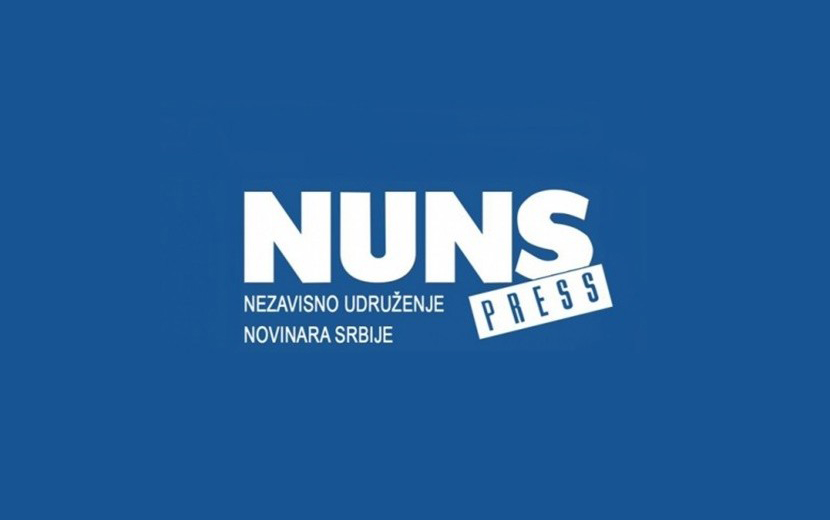
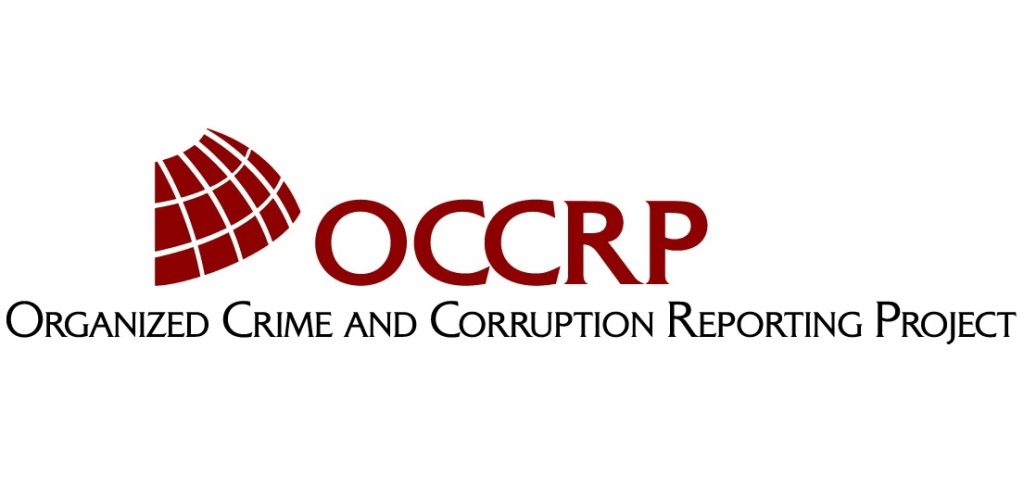
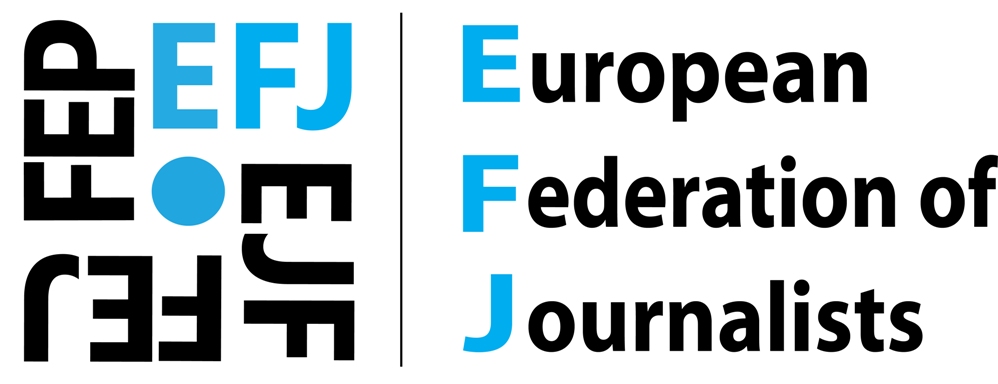
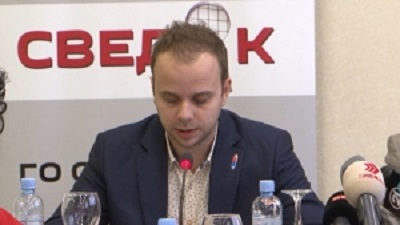
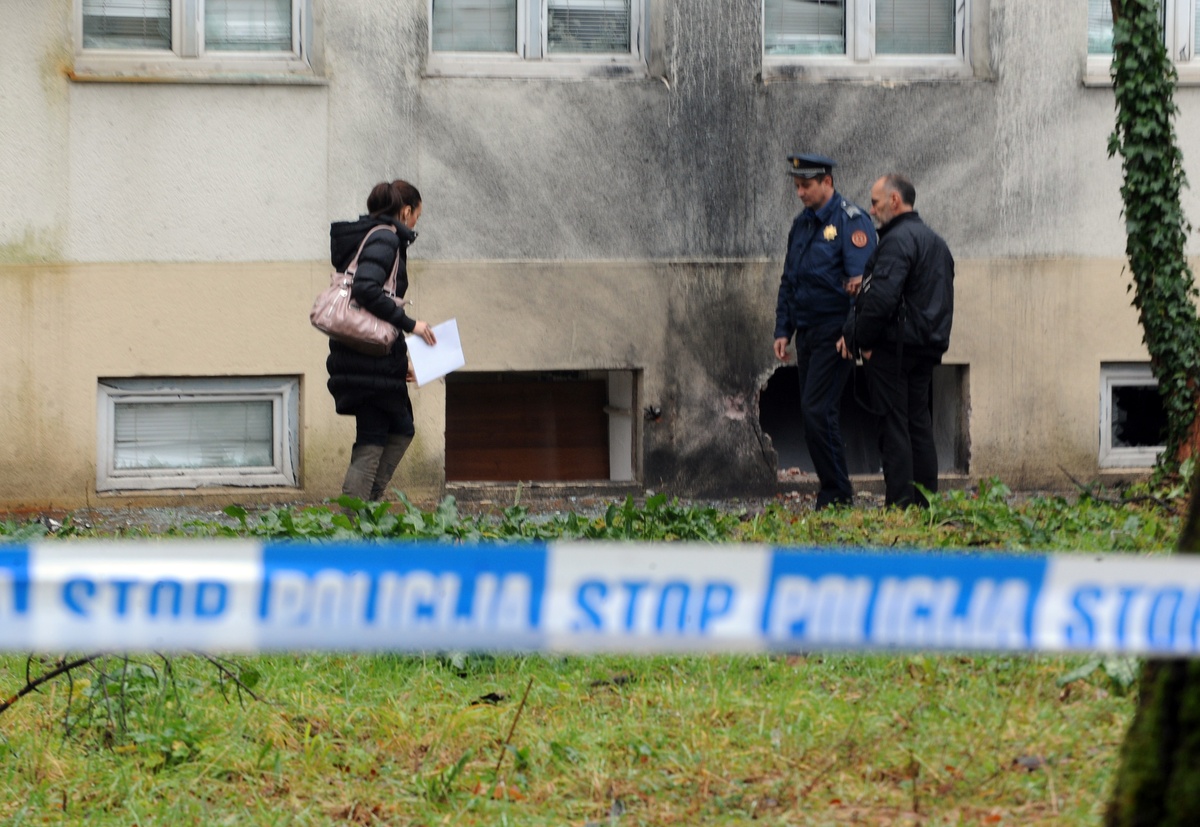
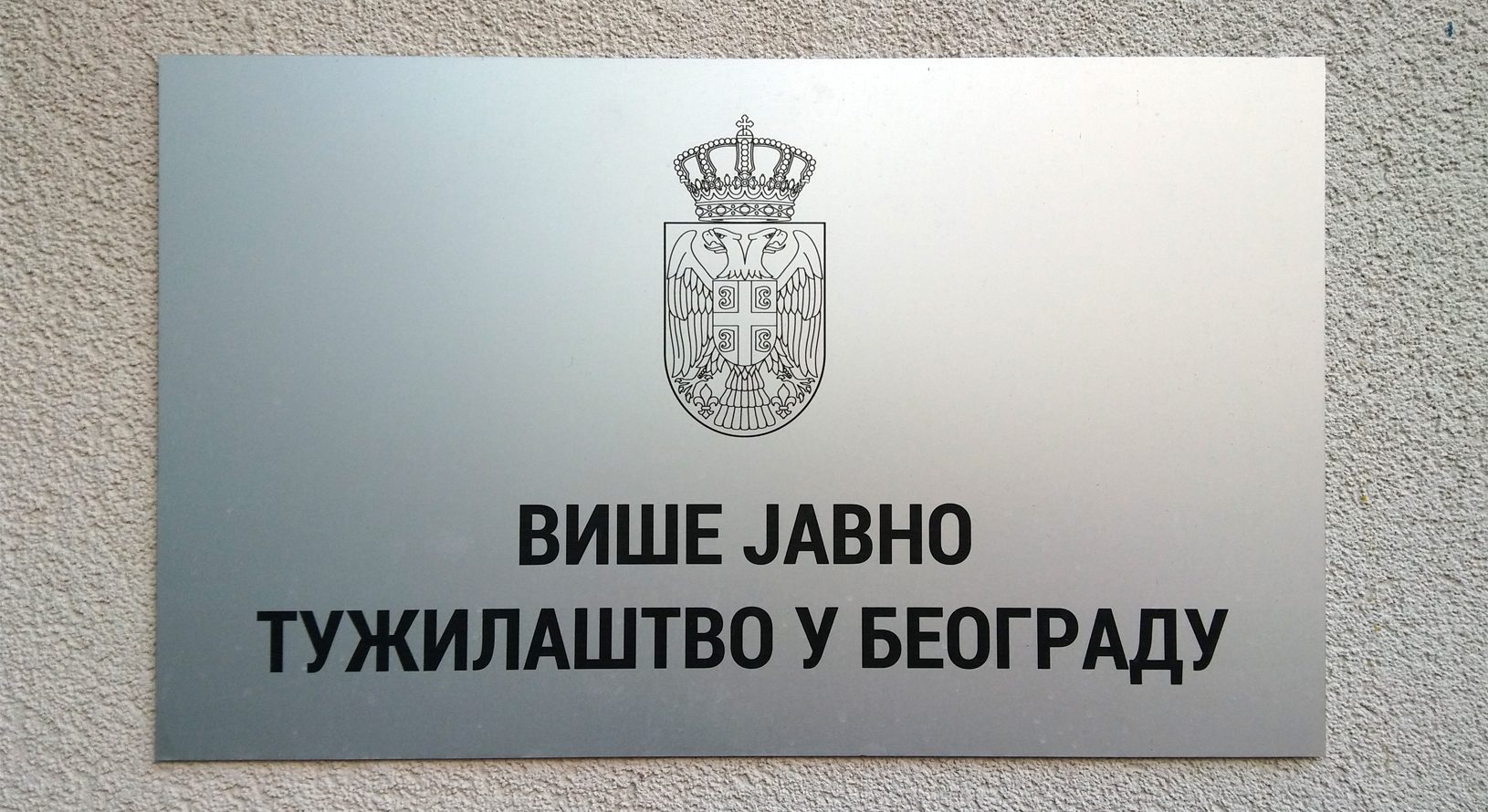

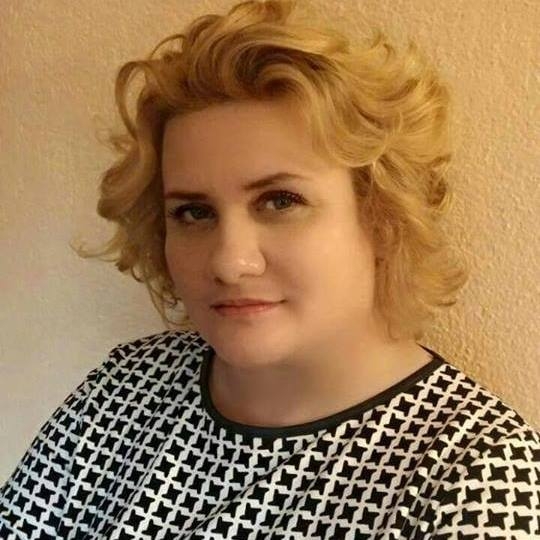
 This article has been produced as a part of the project Western Balkan’s Regional Platform for advocating media freedom and journalists’ safety with the financial assistance of the European Union. The contents of this article are the sole responsibility of the BH Journalists Association and its authors, and can in no circumstances be regarded as reflecting the position of the European Union.
This article has been produced as a part of the project Western Balkan’s Regional Platform for advocating media freedom and journalists’ safety with the financial assistance of the European Union. The contents of this article are the sole responsibility of the BH Journalists Association and its authors, and can in no circumstances be regarded as reflecting the position of the European Union.